The International International Society of Sports Nutrition (ISSN) 2020 conference just took place in Daytona Beach FL. For obvious reasons it was scaled down from the usual size but still offered highly valuable talks and such. For those not aware, the ISSN is the preeminent organization focused on all things sports nutrition and anyone interested in the most current science on that topic should consider being be a member and attend their conferences.
Talks such as that given by Dr Hooper on Hypo gonadal athletes was interesting. His data was focused on runners mostly, but also extreme endurance athletes such as Iron Man competitors. He showed that the more miles men ran the lower their testosterone tended to be, and some Iron Man competitors has astonishingly low T levels. That indicates and supports a well-established negative impact on excessive endurance exercise is hard on T levels in men. He personally didn’t seem convinced that was a negative if the athlete was not experiencing symptoms of the reduced T levels, but I’d tend to disagree on that one. Here’s a case study article on my experiences working with someone who suffered extremely low T from severe overtraining and how he overcame it.
A Dr Thayer had an interesting talk on cognitive behavior in athletes and how deep the psychological aspects run that may positively or negatively impact their performance and how that can be worked on to help elevate their performance. Coach Santana laid out exactly how he designs Metabolic training with the many athletes and military he works with and I plan to employ in some of his programming in my own workouts. Dr Ivy discussed Nitric Oxide (NO) and its role and importance in aging adults and performance and stated our ability to generate NO at age 20 is 50% lower by age 40!
That’s just a small sample of the highly informative talks at this conference from the who’s who in the field doing the cutting edge research on all things sports performance related. I’d highly recommend checking out the ISSN page which will have more details on the conference, abstracts from the various talks, and so forth. Also, they are offering an online conference that looks to be a must attend event. Details are HERE.
Below are some poster sessions that were up too. A poster session is a short synopsis of research that’s either recently published or in the process of being published. These were on creatine and come out of Dr. Antonio’s lab at Nova Southeastern University in conjunction with his students at his lab. Summary of results in order of appearance, neither CM nor CreaBev caused GI distress, creatine had benefits in some cognitive tests but not others, and CM did not cause water retention.
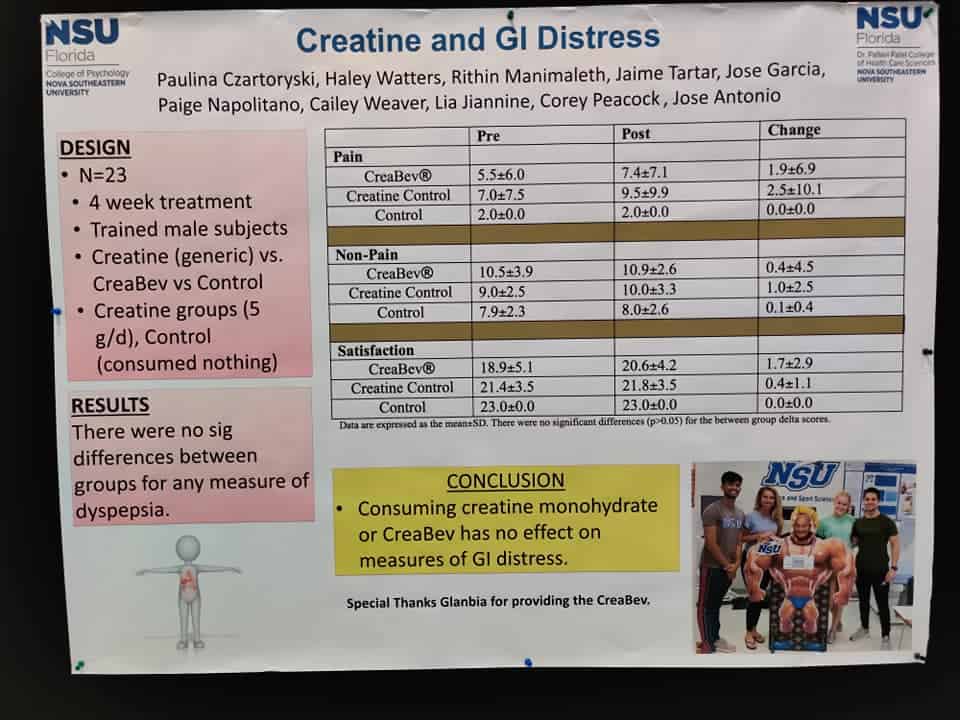
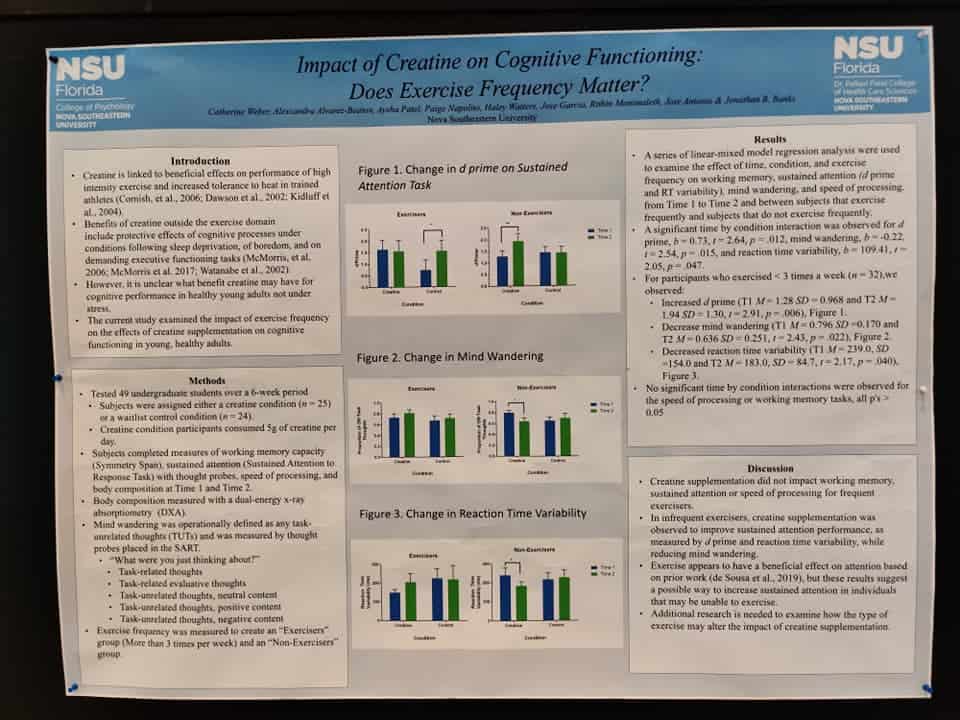
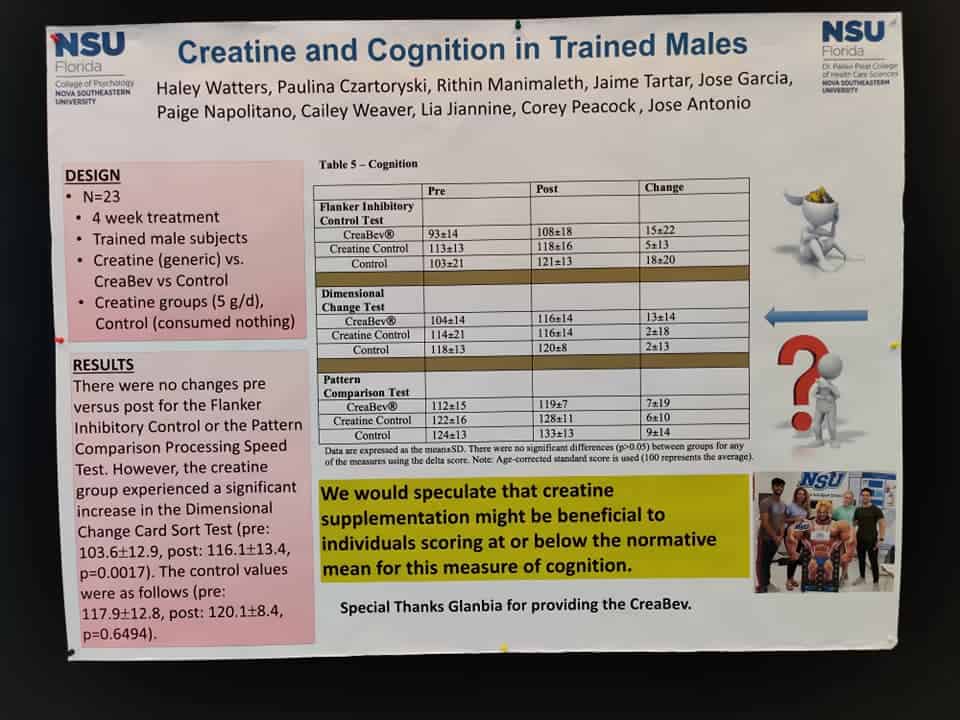
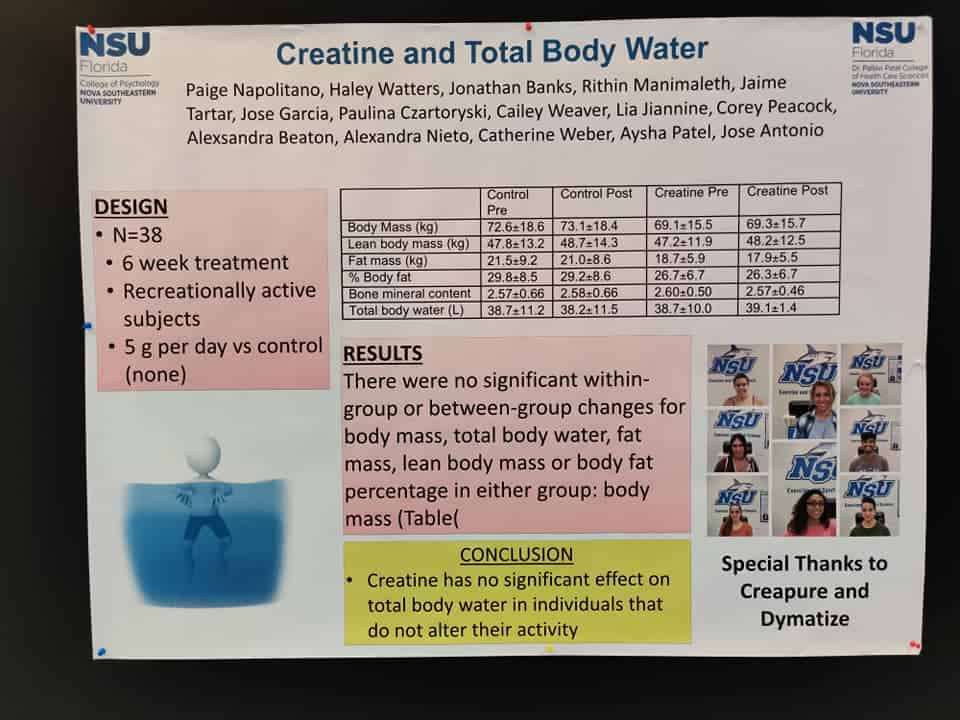
Will Brink is the owner of the Brinkzone Blog. Will has over 30 years experience as a respected author, columnist and consultant, to the supplement, fitness, bodybuilding, and weight loss industry and has been extensively published. Will graduated from Harvard University with a concentration in the natural sciences, and is a consultant to major supplement, dairy, and pharmaceutical companies.
His often ground breaking articles can be found in publications such as Lets Live, Muscle Media 2000, MuscleMag International, The Life Extension Magazine, Muscle n Fitness, Inside Karate, Exercise For Men Only, Body International, Power, Oxygen, Penthouse, Women’s World and The Townsend Letter For Doctors.
He’s also been published in peer reviewed journals.
Will is the author of the popular e-books, both accompanied by private members forum access , Bodybuilding Revealed & Fat Loss Revealed.
You can also buy Will’s other books on Amazon, Apple iBook, and Barnes and Noble.

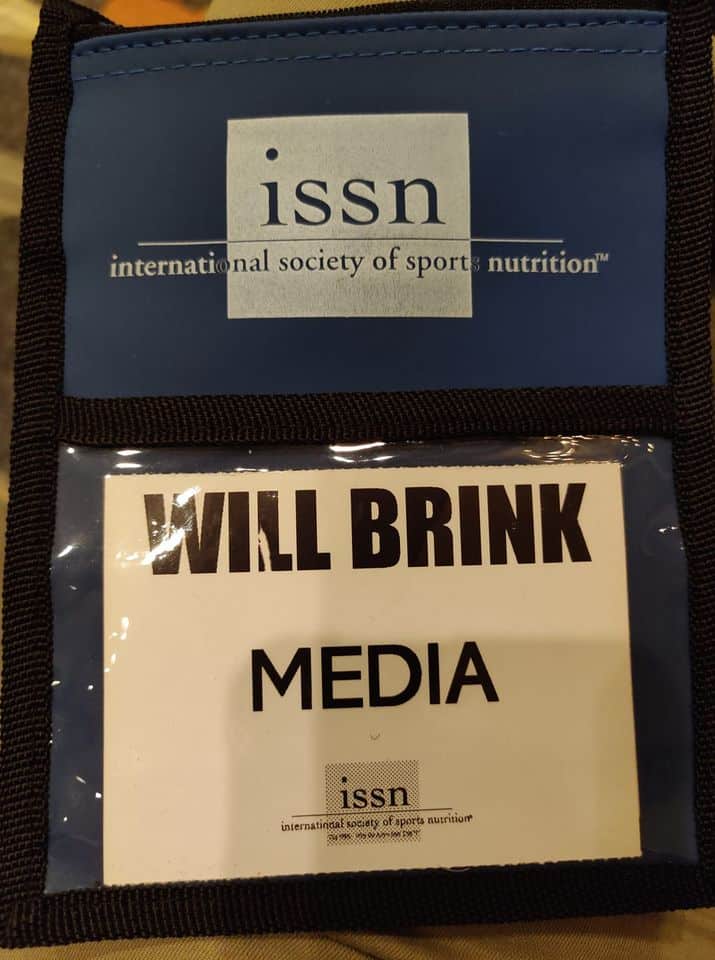
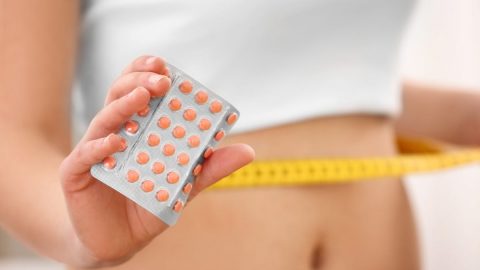


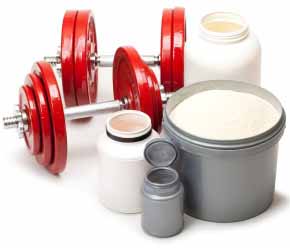
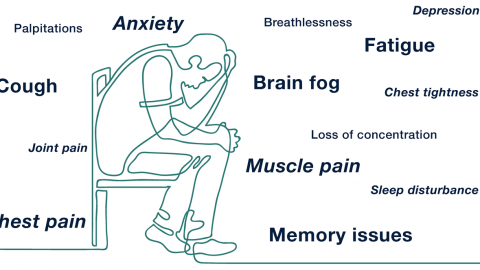
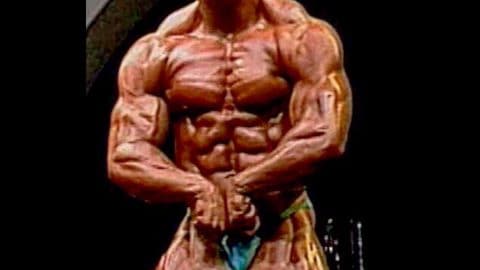
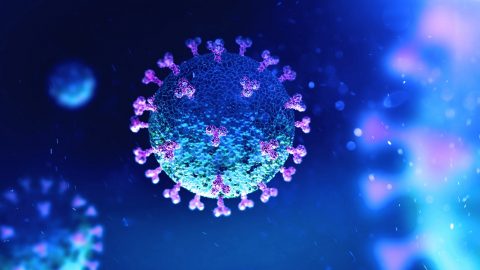

Thank you! Never knew until now that there is an ISSN.
so in the conference, what was the conclusion of hypogonasidsm in athlete? did he have any solutions?
No conclusions were offered, only what’s associated to hypo gonadism in male athletes, excessive endurance exercise – running in particular – is very hard on T levels. Chronic overtraining will = hypo gonadism in male athletes and there’s other factors such as energy intakes, genetics, stress etc involved. See also my case study experience I posted. The abstracts from those talks will be on the ISSN page at some point for more details.